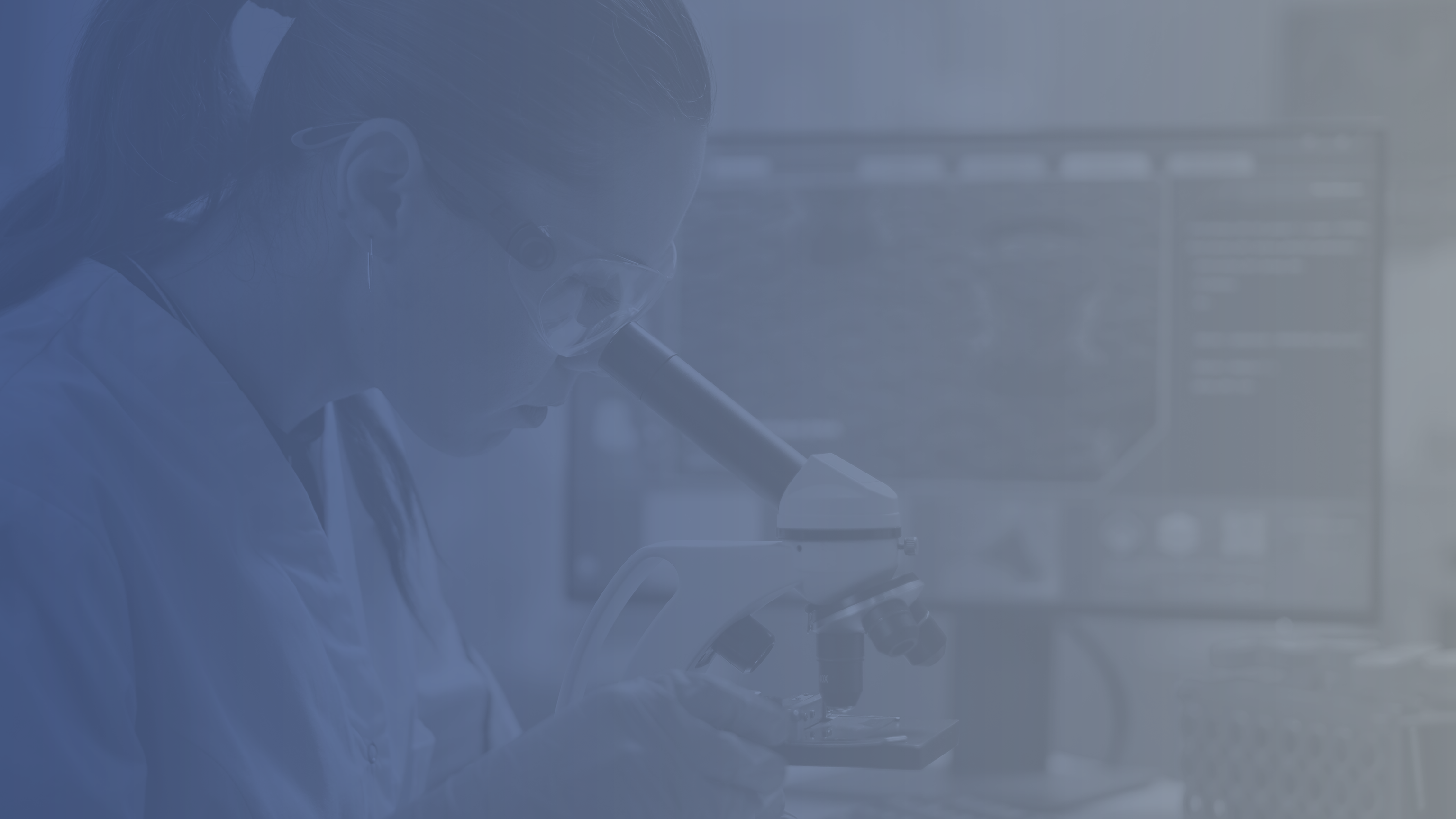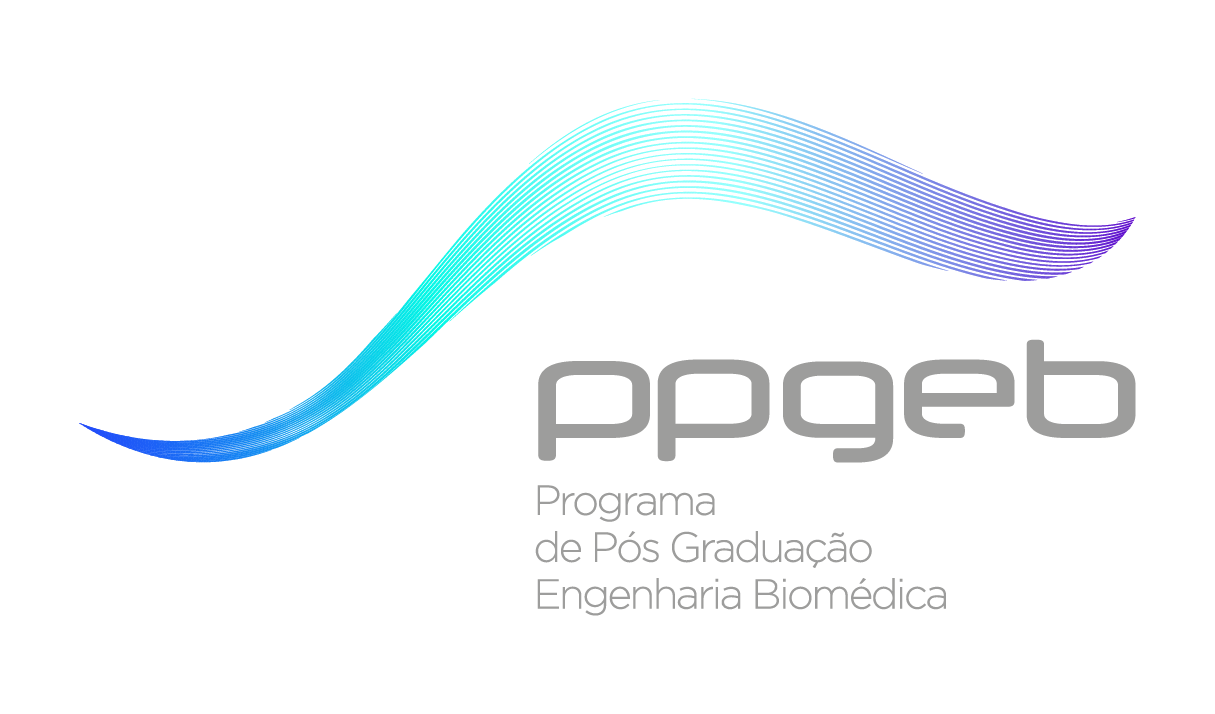

Since its creation, the Biomedical Engineering Master and Doctoral Program, PPGEB, has been technically and scientifically training qualified Masters for the exercise of professional activities of teaching, research and development in Biomedical Engineering, meeting the requirements of qualification and expansion of the market.
The master's course provides education in the areas of exact and health sciences with technical knowledge, experience and skills in the areas of Biomedical Instrumentation, Laser Applied to Biology and Health and Biomaterials. The program offers solid theoretical and experimental instruction in traditional engineering and healthcare disciplines such as biomedical instrumentation, systems physiology, biosensors, biomaterials, optical spectroscopy, laser and others. Currently, 19 permanent PhD researchers are part of the program, which have scientific interaction with the best national and international centers in the field of biomedical engineering, providing opportunities and encouraging the student to seek new challenges.
The Direct Doctorate is an excellent option for students who have finished their graduation and are looking for new challenges. Candidates who had the opportunity to participate in scientific research during their undergraduate course and who already have published indexed articles will be able to directly enter this modality.
Objective
Our objective is to train human resources that work, or intend to work, in universities, research institutes, hospitals and technology-based and innovative companies in the health area, aiming at the use and application of the concepts received for the job market in the development of new non-invasive diagnostic techniques, use of new treatment methodologies, as well as mastery in the development and preparation of new biomaterials. The student will be able to train in the following areas of concentration:
Obtaining the Master's Title
The program, which is designed to be completed in up to two years, is comprised of 16 credits of required subjects and 9 credits for dissertation writing and defense. The remaining course credits can be as described below:
Subjects Credits
Mandatory Subjects 16
Optional Subjects or Published Articles 5
Preparation and defense of Dissertation 9
TOTAL 30

Research lines
SUCUPIRA CAPES - LINES ACTIVE on 20 Jan. 2019
MATERIALS APPLIED TO BIOMEDICAL ENGINEERING
- BIOMATERIALS & BIOCOMPATIBLE MATERIALS
- NANOTECHNOLOGY
- DEVELOPMENT OF DIAGNOSTIC METHODS AND DEVICES
- SYSTEMS AND PROCESSES IN BIOMEDICAL ENGINEERING
- MICRO AND NANO-SCALE TRIBOLOGY
BIOPHOTONICS
- OPTICAL AND MOLECULAR CHARACTERIZATION AND DIAGNOSIS
- PHOTOBIOMODULATION
- ELECTRICAL PLASMAS APPLIED TO BIOMEDICAL ENGINEERING
- PHOTODYNAMIC THERAPY

Materials Applied to Biomedical Engineering
- Systems and Processes in Biomedical Engineering: Fernanda, Mário, Alessandro, Rodrigo, Juliana
- Development of Diagnostic Methods and Devices: Fernanda, Mário, Virginia, Kumiko
- Nanotechnology: Lucia, Leandro, Maiara, Andreza, Anderson
- Tribology in micro and nano-scale: Lúcia, Marco
- Biomaterials and Biocompatible Materials: Ivone, Luciana, Luís, Lucia and Marco
Biophotonics
- Photobiomodulation: Juliana, Cristina, Newton, Mirela and Luciana,
- Optical and molecular characterization and diagnostics: Kumiko, Maiara, Renata, Juliana and Ivone
- Photodynamic Therapy: Juliana, Cristina, Newton, Marícilia, Andreza
- Electric plasmas applied to Biomedical Engineering: Lúcia, Marco


AV. SHISHIMA HIFUMI, 2911 - URBANOVA - SÃO JOSÉ DOS CAMPOS - SP - FONE:(12) 3947-1000
Boleto
Reportar erro!
Comunique-nos sobre qualquer erro de digitação, língua portuguesa, ou de uma informação equivocada que você possa ter encontrado nesta página:
Por Redação, em Master's and Doctorate